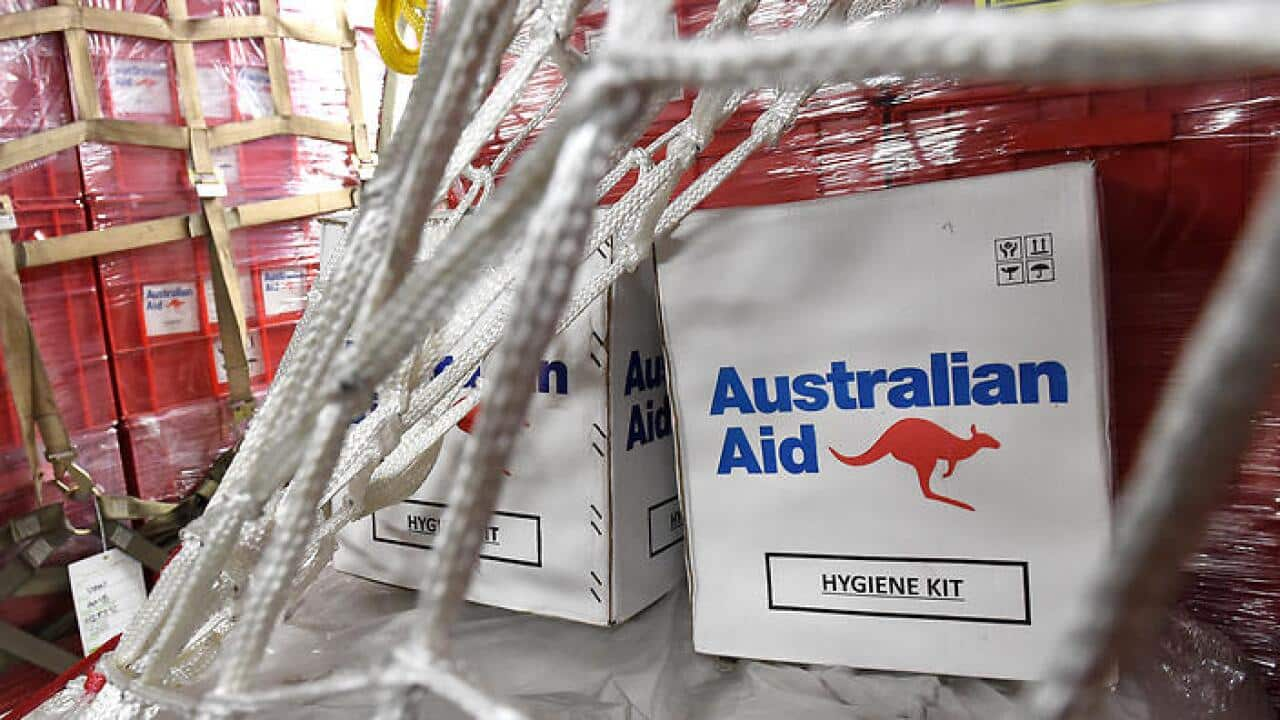The 2015 Australian Aid Stakeholder Survey by the Australian National University was undertaken by the university's Development Policy Centre.
It is the second survey by the centre on perceptions of Australia's aid policies.
ANU's Terence Wood is a research fellow at the centre.
He says almost all non-government organisations and contracting companies working in the aid sector were surveyed, along with members of the general public.
"The survey contrasts with the survey that we undertook in 2013 in that stakeholders' views of the aid program were considerably more negative than they were two years ago. Some of the changes are probably driven by funding cuts, but, also, when we ask people questions about aspects of aid, such as the aid program's transparency, something that's not really funding-related, stakeholders' appraisals were much less positive, too."
The first survey was held in 2013, before the integration of AusAID with the Department of Foreign Affairs and Trade and before large cuts to the foreign-aid budget.
In 2014, the Federal Government announced cuts of more than 11 billion dollars to the aid budget over four years.
They were the largest multi-year aid cuts ever and the largest single-year cuts ever.
Peter Varghese is secretary of the Department of Foreign Affairs and Trade.
Speaking recently on Australia's aid policy at a conference organised by the ANU, he told those gathered that getting the balance right is a complex issue.
"The more I've been involved in aid policy as head of the department responsible for its delivery, the more nuance has crept into my views. The balance sheet for me today looks much less stark. Policy challenges are genuinely complex. It is still my view that the most important ingredients of economic success for poor countries are good policies and good leadership. No aid program can compensate for their absence."
Another area of concern was in transparency and community engagement.
Seventy-five per cent of those surveyed -- up from half in 2013 -- said the merger with the Department of Foreign Affairs and Trade has impacted aid-staff effectiveness.
Dean Forbes is an emeritus professor at Flinders University in Adelaide.
He says the integration has caused confusion and uncertainty in the aid community.
"So I think that that's wrapped up with a whole movement of AusAid from an independent body to a part of DFAT. And in that process, I think there are a number of gripes that the aid people have -- the fact that it makes their budget much more susceptible to government cutting, because they didn't have a minister. They do know. But I think those shifts in the bureaucracy have obviously caused a great deal of angst among the aid community. But they are going to have to tackle it, and I am not sure how they are going to do it."

